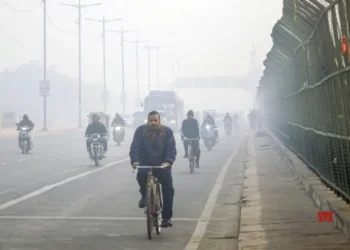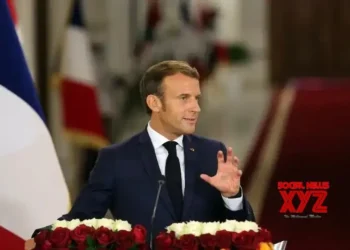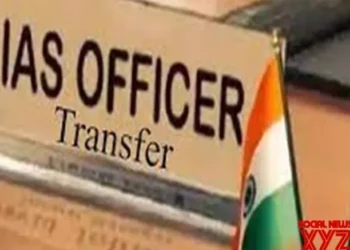Iraq has declared a curfew in the ethnically-mixed city of Kirkuk in northern Iraq after clashes involving Kurds, Arabs and Turkmens.
Iraqi Prime Minister Mohammed Shia’ al-Sudani, who also leads the Iraqi armed forces, on Saturday ordered the curfew in Kirkuk province and initiated search operations in the areas that had witnessed riots, Xinhua news agency reported.
Al-Sudani stressed that the security forces “must be firm in arresting anyone who dares to tamper with the security of Kirkuk, from any party, and not allow the carrying of weapons at all, except for the security services,” according to a statement released by the Iraqi armed forces.
The disturbance erupted on Saturday when Arabs and Turkmens protesting the planned return of the Kurdistan Democratic Party (KDP) to its old headquarters in the city of Kirkuk, nearly 250 km north of Baghdad, clashed with Kurds at the site. The KDP is a Kurdish political party close to Kurdish leader Masoud Barzani.
Saad al-Baiyati, an officer from Kirkuk provincial police, told Xinhua that the two sides clashed in front of the KDP’s former headquarters, prompting the security forces to intervene to stop the riots.
However, gunshots, suspected to have been fired from the Kurdish side, led to security forces responding with gunfire, resulting in the death of one Kurdish protester and the injury of another, according to al-Baiyati.
The Arabs and Turkmens have been protesting over the past few days against the return of the KDP, including blocking streets, setting tyres on fire, and staging a sit-in outside the building to prevent the KDP from reclaiming their headquarters.
The clashes are the latest in a series of tensions between the Kurds, Arabs and Turkmens in Kirkuk, a city located in an oil-rich region that is claimed by both the Kurdistan region and the Central government in Baghdad.
In October 2017, former Iraqi Prime Minister Haider al-Abadi instructed government forces to enter Kirkuk province and reclaim authority over the disputed areas between the Baghdad government and the regional Kurdish government.
The move was taken in response to a controversial referendum held by the Kurds on the independence of the Kurdistan region and the disputed areas.
The Kurds consider the northern Kirkuk province and parts of Nineveh, Diyala and Salahudin provinces as disputed areas and want them to be incorporated into their region, a move fiercely opposed by the Arabs and Turkmens as well as the Central government.























